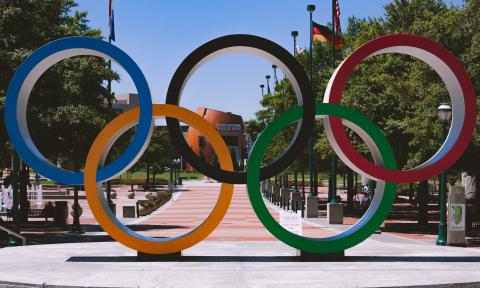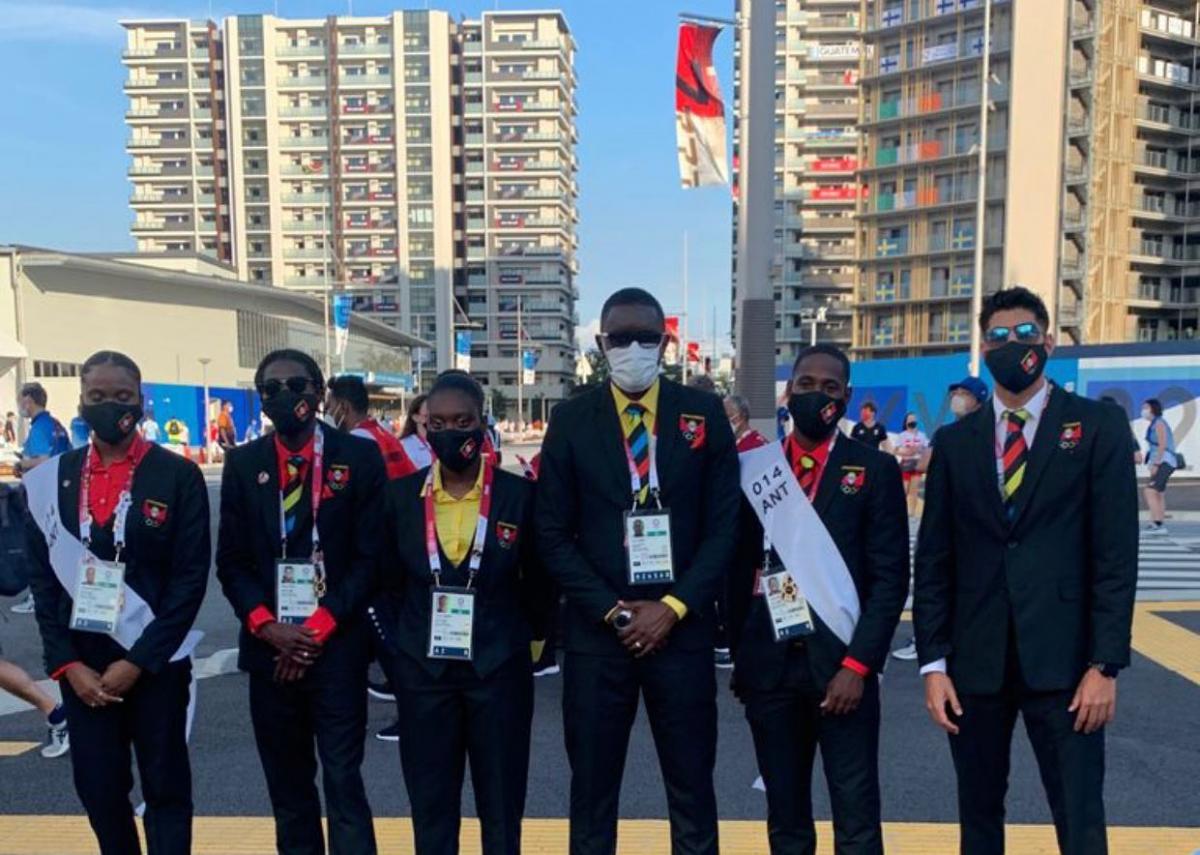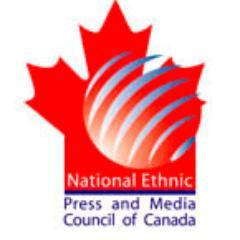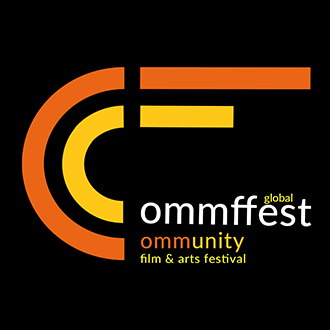
This Olympic year, Antigua and Barbuda put forth six athletes to compete at the Tokyo Olympics. From athletics, Cejhae Greene and Joella Lloyd; for swimming Stefano Mitchell and Samantha Roberts; from boxing Alston Ryan and in sailing Jalese Gordon. Of the six, Green and Ryan made official qualifying standards. The remaining four were given places through the universality system that allows developing nations to send their best athletes to the Games without making official qualifying standards. None of our athletes advanced to the semi-finals and the headlines within the local press have reported their results in more negative language than congratulatory.
It’s easy to understand why that is. We want to see our athletes represent us well and be a source of national pride for a small island nation. It is disappointing to not see our athletes advance Olympic cycle after cycle. After all, since the country began competing at the 1976 Olympics, we’ve had 45 years in which we’ve competed at 10 Olympic Games to get our act together.
So what’s stopping us from making great advances in our athletes and sporting systems? The core of the reasons about to be outlined is funding, a lack thereof. Since the Sydney Olympics in 2000, for anywhere from 4-years to a decade, the UK estimates that they spent £5.5million for every medal won at the 2016 Rio Olympics. In the sports that Antigua and Barbuda competed in this year, the USA before the 2016 Olympics spent US$701,503 per medal in track and field, US$591,741 on swimming medals, US$2, 883,462 for a boxing medal and US$5,088,022 per sailing medal. Yes, the latter two are in the millions.
If Antigua and Barbuda were to invest that kind of money in our sport, several distinct but interrelated domains would have to have a dramatic overhaul. The first has to do with our facilities. In July 2021, the YASCO running track was certified after more than three years of construction.
The deficiencies of the previous track yielded a record time that couldn’t ultimately be used as the track wasn’t up to world qualifying standards. The sport of swimming is on the verge of a similar struggle as the main pool facility at the Antigua Athletic Club that serves three out of the four pool clubs on the island, requires renovations too. Antigua has had plans for a national pool for over a decade but concrete actions have yet to materialize.
It’s one thing to have facilities, it’s another in knowing how to maximize the use of those facilities for the benefit of athletes. This is where high-quality coaching and strong grassroots development comes in. Antigua has proven to have decent developmental coaching.
We can see the evidence of that at age group championships like Carifta. However, most of our grassroots programs in the school and club domains are weak. Taking athletes to the next echelons of athletic performance requires coaches who are fully dedicated to their craft and full cohorts of athletes ready to be coached and parents who understand the process and are supportive.
Not all coaches will be high-performance coaches. Some specialize in youth development and some in elite performance, and others help bridge that gap. The National Olympic Committee(NOC) in Antigua has made coaching courses available to various associations, but these opportunities are often not taken advantage of.
There may be a myriad of reasons why some coaches don’t up-skill themselves as much as they could but one of those reasons has to do with the fact that for most coaches, coaching is a supplemental activity to their main careers. So to travel or take time out to engage in coaching courses, continuous professional development and sport science education may be a conflict with their real-life work.
If they wanted to make coaching a full-time occupation, our system doesn’t support that. This is the case for other athletic support staff like sports psychologists and sports scientists.
The full-time professionalization of athletic support staff doesn’t stop there. It must translate to sporting administration staff. Instead of national sporting federations being run solely by volunteer roles, there is a need for paid professional roles in strategy implementation outside of just following a sporting calendar of events.
We have spent time crafting a sports policy (which is now outdated and never implemented) but who is there to enforce and ensure the sustainable implementation of our strategic sporting plan? Do we have personnel educated in sports administration to execute the tasks required?
Are these roles lost in the jostle for political currency? Are we encouraging graduates from A-level Physical Education study to get into administrative and athletic support roles? Can we even financially support them if we created those pathways?

For many associations, especially those that involve young people like in swimming, these federations are comprised of parents. Involvement in federation committees provides parents with insights into what it takes for athletes to get to the next levels. However, we can’t wait until parents reach the committee level for them to grasp the nature of commitment required from them and their children. Parent education for parents of upcoming athletes would need to be done early so that they can prepare and orient themselves for the long haul of elite athlete development. While not every parent may have the personal funds to fully support their children, there exists some support for athletes through the sporting federations and the local NOC.
Through the International Olympic Committee (IOC) there exist funding opportunities for a range of developmental initiatives, especially for a country like Antigua and Barbuda which is classed as a developing nation. Yet, even if we were to exhaust all the funding opportunities available to us through the IOC, we would still need to find ways of generating sustainable funding for our sporting system. This is not an easy hurdle to overcome.
Funding is at the core of sporting success and many countries have had to be creative yet pragmatic in how they fund their sporting systems. Barbados uses national lottery funds, the UK taps into their taxation system and the USA Olympic Committee is supported by corporate funding and broadcast rights.
So when we ask ourselves why aren’t we winning medals yet, we also have to ask if we as a nation are prepared to make the kind of investment required for Olympic success. Not just for the one-off medals but in a system that consistently produces success.



